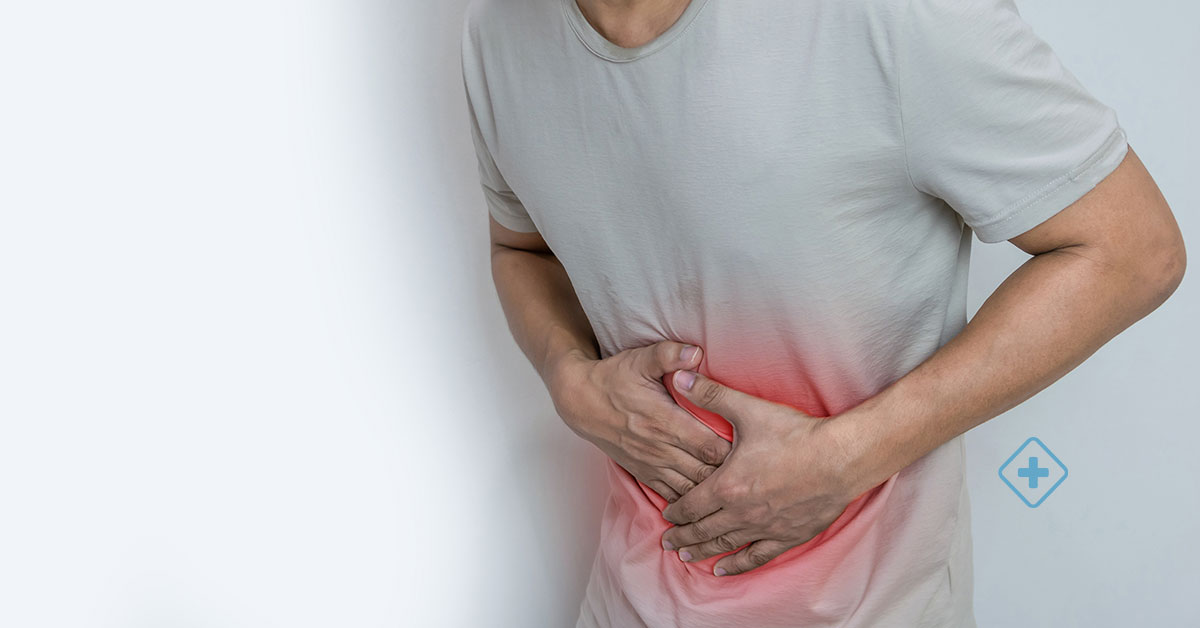
Hemorrhoids
Hemorrhoids or piles are common irritations that can be extremely painful. You might feel or see a lump around the anus.

Hemorrhoids can form inside the rectum or under the skin around the anus.
There are several factors that hemorrhoids can create; for every four adults, almost three will suffer from hemorrhoids.
There are several effective methods for treating hemorrhoids. Many people manage to control this condition through a healthy lifestyle and home treatments.
Causes of Hemorrhoids
The veins around the anus tend to stretch due to pressure and can become inflamed. Hemorrhoids can be formed by increased pressure in the lower rectum, caused by:
-
Carry heavy things frequently
-
Be pregnant
-
Eat a low-fiber diet
-
Making an effort when emptying the intestines
-
Sitting for a long time
-
Have chronic diarrhea or constipation
- Having anal sex
Symptoms of hemorrhoids
The signs of hemorrhoids differ depending on the type of hemorrhoid.
External hemorrhoids, located under the skin around the anus:- Sore pain in the anal area
- Swelling around the anus
- Bleeding
- Bleeding during bowel movements
- Pain and irritation
Thrombosed hemorrhoids occur when blood accumulates in external hemorrhoids, forming a clot:
-
Intense pain
-
Inflammation
-
A hard lump near the anus
Risk factors of hemorrhoids
-
Age, as you get older, the probability of suffering from Hemorrhoids increases
-
Pregnancy, as the weight of the baby, puts pressure on the anal area
Diagnosis of Hemorrhoids
The Proctologist will perform a physical exam, check your abdomen, and ask questions about your symptoms, lifestyle, and medical history.
Following are some of the possible tests to perform:
-
Anoscopy, check the anal canal and rectum
-
A digital exam, a gloved finger, and lubrication will be inserted into the rectum to detect something unusual
-
Visual inspection, using an anoscope, proctoscope, or sigmoidoscope, the Proctologist will examine the lower part of the colon
A Colonoscopy may be done if the doctor notices any risk of colorectal cancer or if your signs and symptoms show that you may have another digestive system condition.
Treatment of Hemorrhoids
Following are some home remedies, in case the pain caused by the hemorrhoid is mild.
-
Eat foods high in fiber
-
Apply over-the-counter hemorrhoid creams, ointments
-
Over-the-counter pads
-
Take a soak in a tub of a sitz bath of warm water for 10–15 minutes two or three times a day
-
Take pain relievers by mouth
Hemorrhoid symptoms usually go away after a week. In case the symptoms persist, or you are bleeding, see your doctor.
Procedures for Thrombosed Hemorrhoids
The Proctologist can remove hemorrhoids, under local anesthesia, the procedure is usually more efficient if it is done within 72 hours after a clot has appeared.
Minimally invasive procedures
In case the bleeding continues, and you have pain or discomfort, the general surgeon may use one of the following methods:
-
Elastic band ligation
-
Injection (sclerotherapy)
-
Coagulation (infrared, laser or bipolar)
Surgical procedures
In case the other methods described above have not been successful, your general surgeon may recommend one of the following:
-
Removal of hemorrhoids (hemorrhoidectomy)
-
Stapling hemorrhoids
¿When do you have to see a doctor?
If you present any of the mentioned symptoms or to detect another abnormal sign, make your appointment with the general surgeon.
When consulting your surgeon, try to keep a record of your pain with a detailed description of the symptoms, duration, and what you think triggered them. Also, mention any medications you are taking.
BlueNetHospitals - Hospital Los Cabos
BlueNet Hospitals

Colonoscopy
A colonoscopy is a powerful tool for preventing colon cancer and diagnosing gastrointestinal conditions.
Spigelian Hernia
This type of hernia is also sometimes called a lateral ventral hernia. Schedule Your Appointment Today.
Laparotomy
Laparotomy is a surgery that helps explore the abdominal organs and diagnose any problem.
Abdominal Hernia
An Abdominal Hernia is common; however, it is not necessarily a severe condition, but is necessary to be under treatment. Call us and make your appointment.
- Do You Need an Appointment with a Specialist?
- call us
- write us
- let's talk





